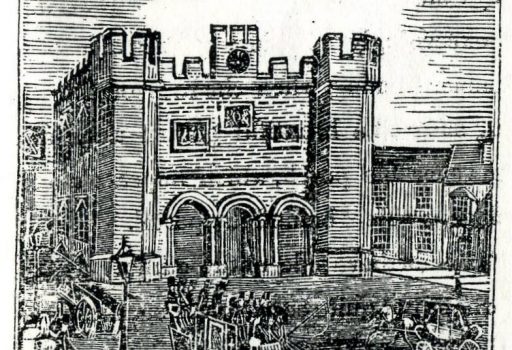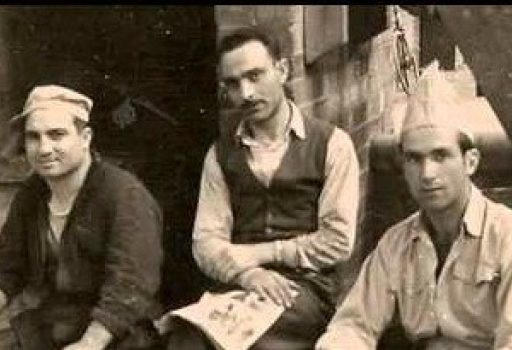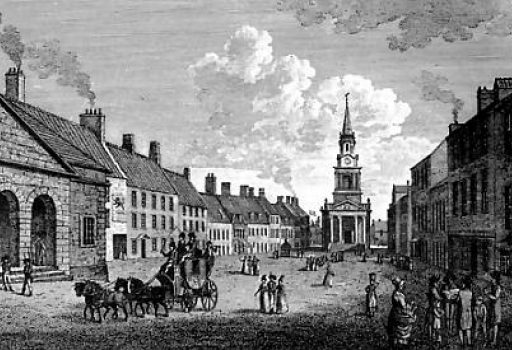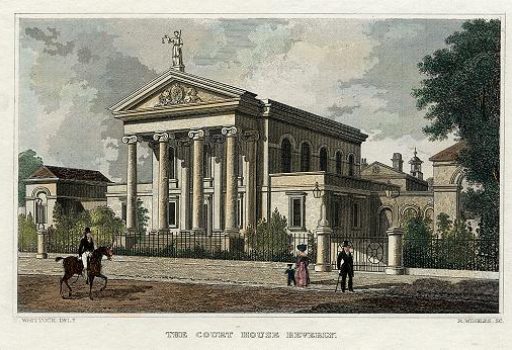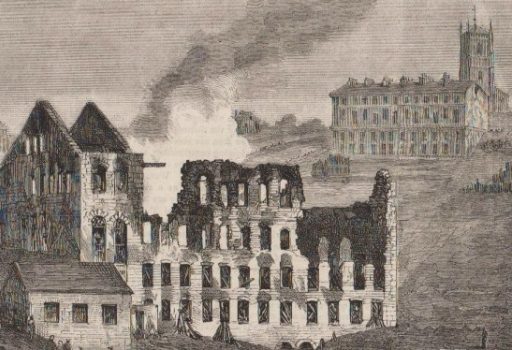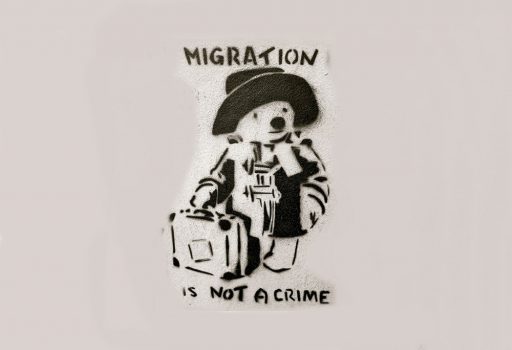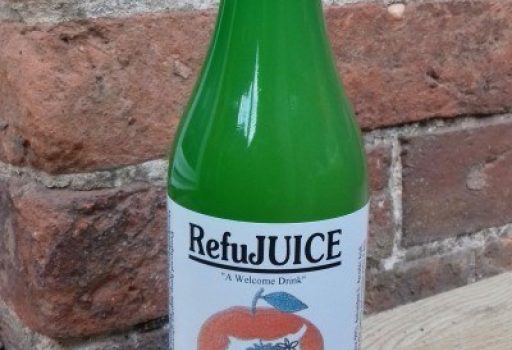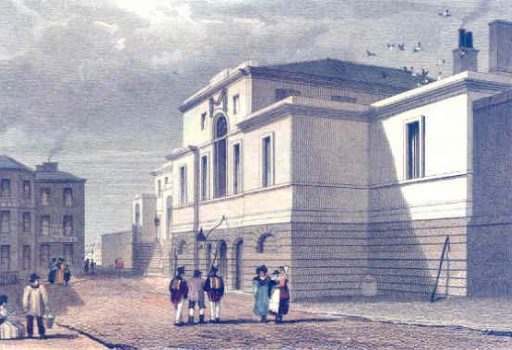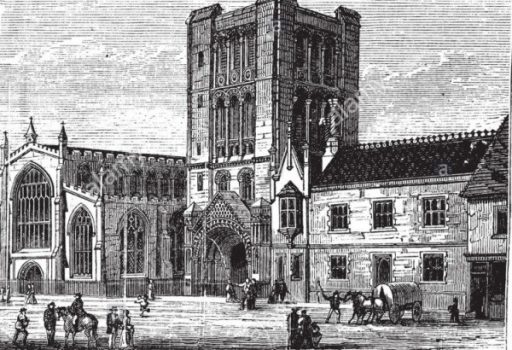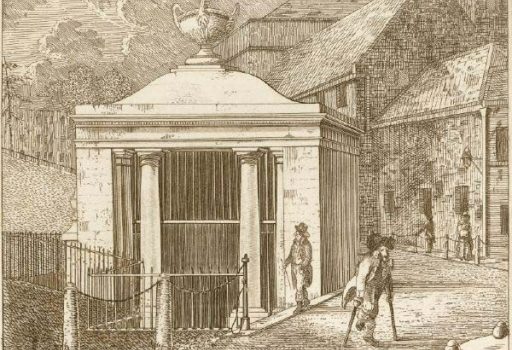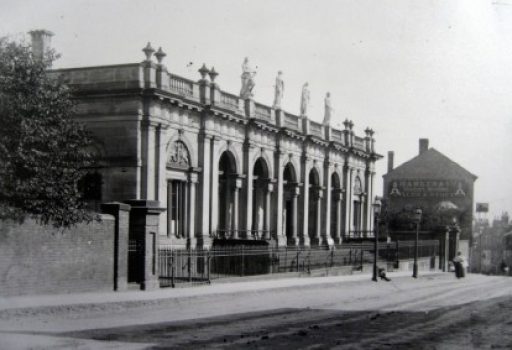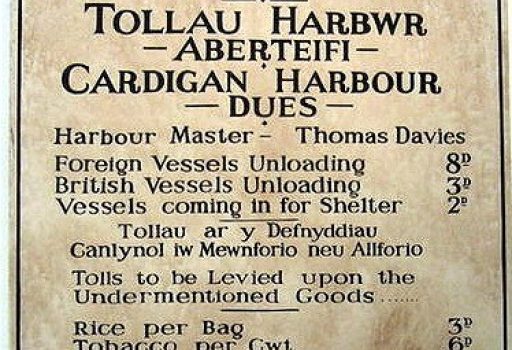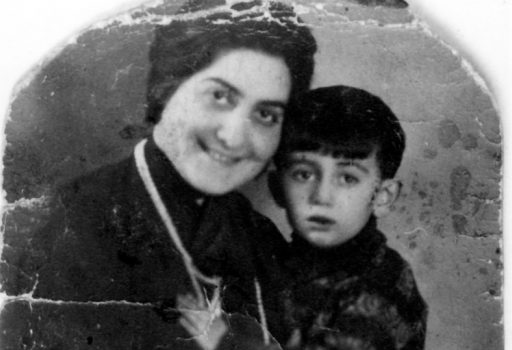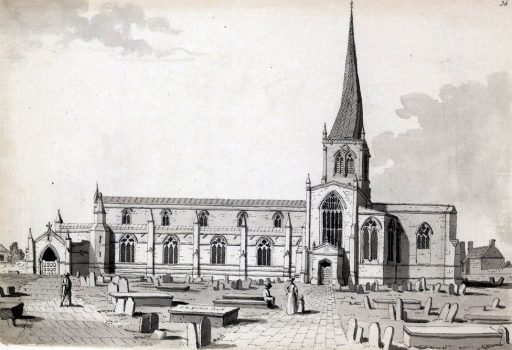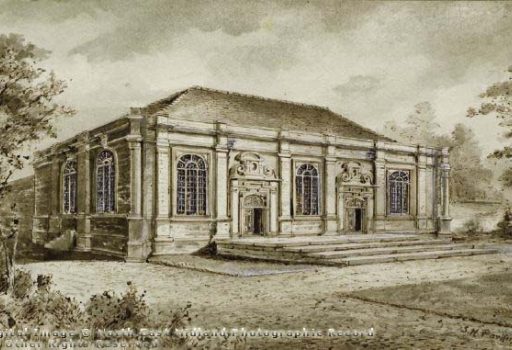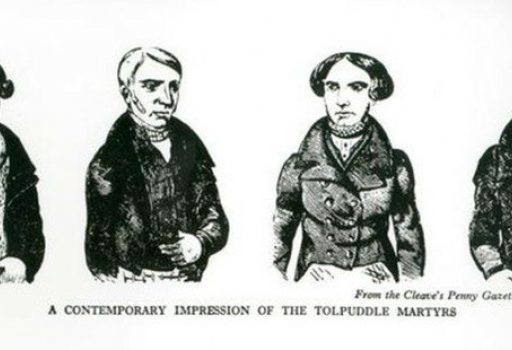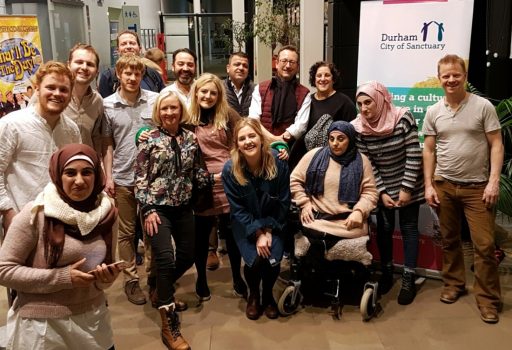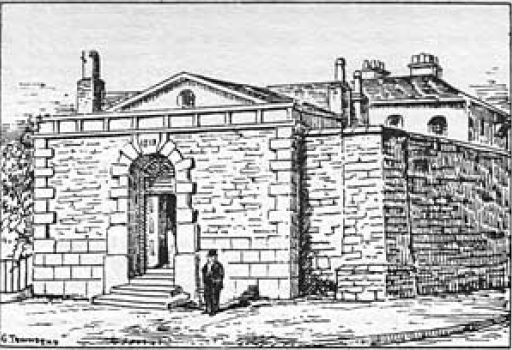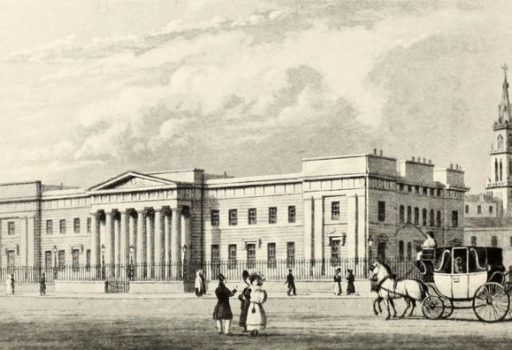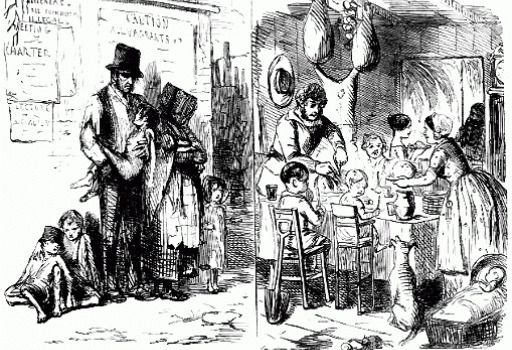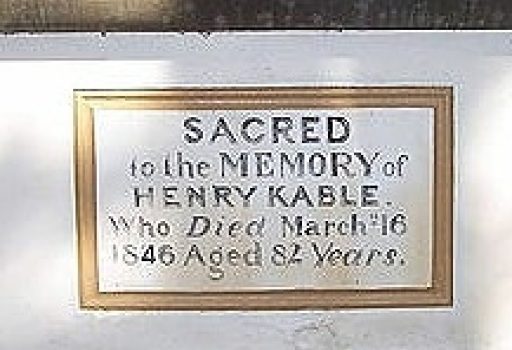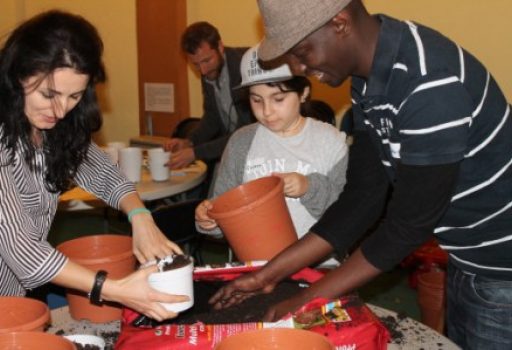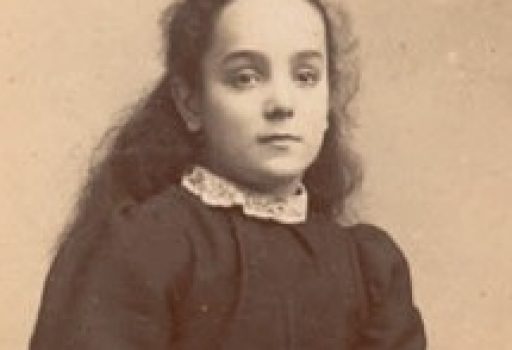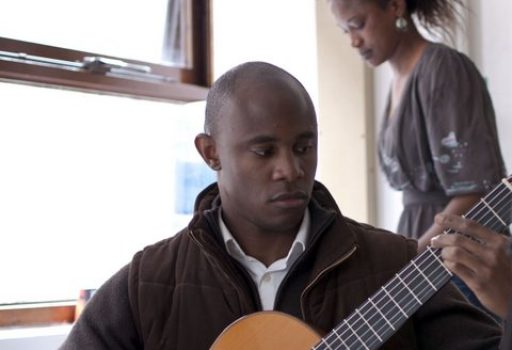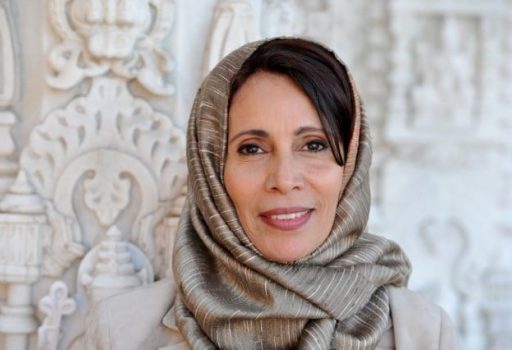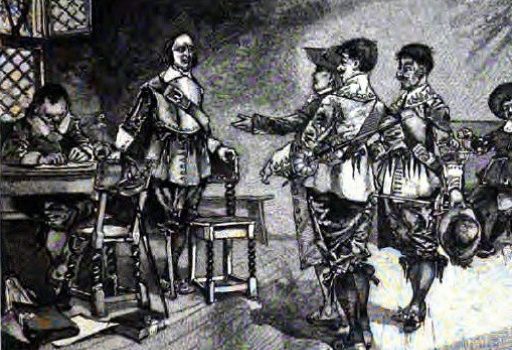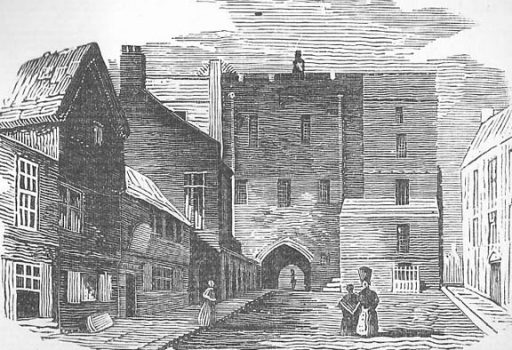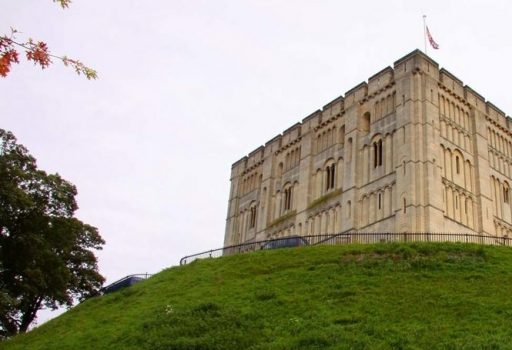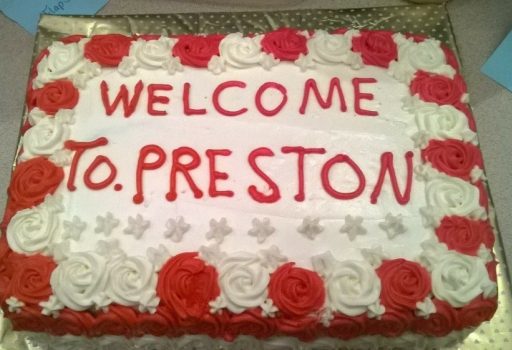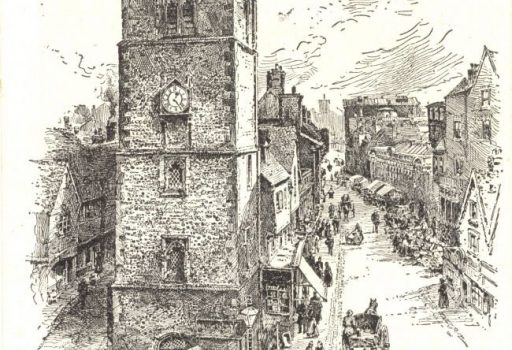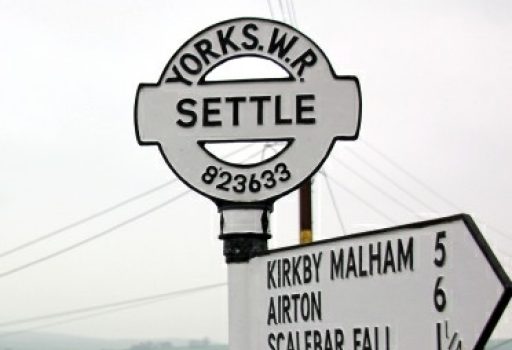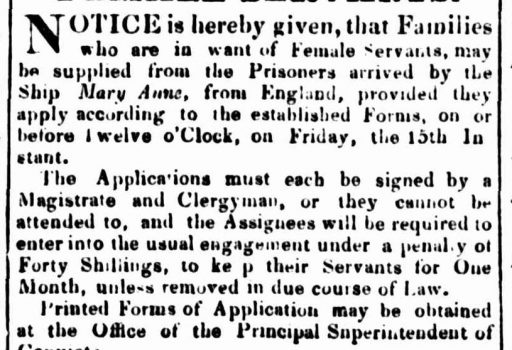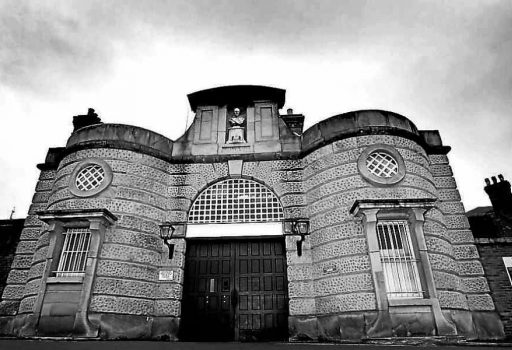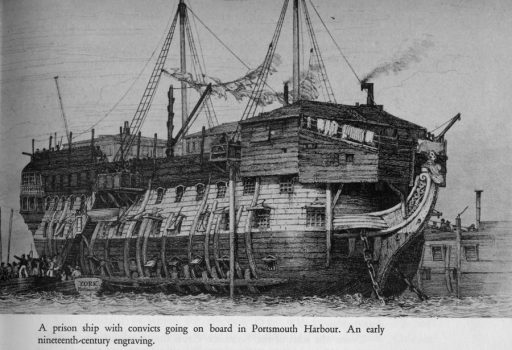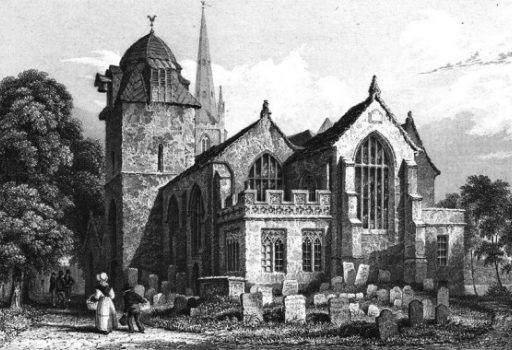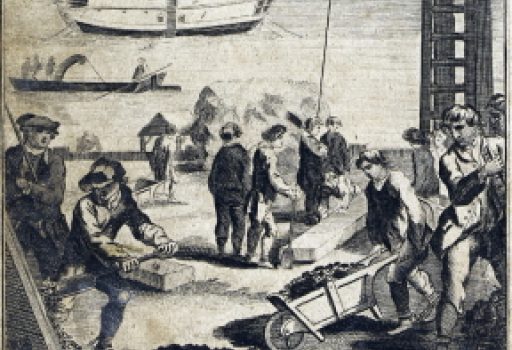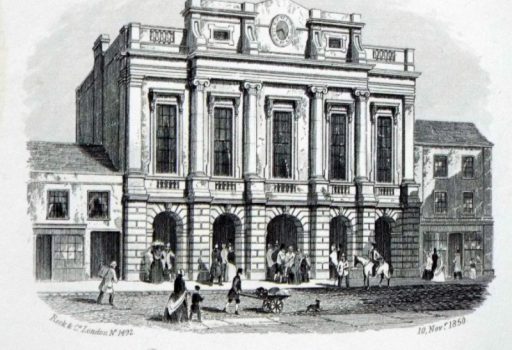THOMAS WEST from Hooe in East Sussex was sentenced to transportation for life at the Sussex Assizes in Horsham in 1800. He reached Sydney on the Earl Cornwallis the next year. Partnered with another convict Mary Rugg, he had two children and in 1812 opened the first water mill for making flour at Rushcutters Bay. In 1813 he received a conditional pardon for ‘his general good conduct and character for sobriety and industry’ and was given a cow from the government herd. Successful in dairy farming, quarrying and running an orchard, he became a wealthy Sydney landowner.
JOSEPH POTASKI arrived in London in the late 18th century, probably as a refugee or asylum seeker. He had fled Poland after fighting in the Polish army. In 1802 he was sentenced for seven years transportation at the Sussex Spring Assizes in Horsham for stealing a woman’s hair shawl from Mrs Pollard’s shop in Newhaven, Sussex. The first Pole to arrive in Australia, he had been accompanied on the Ocean by his Irish wife and son, arriving as free settlers. His wife was granted land near Hobart. Potaski was freed in 1810 and within a few years was the most successful wheat farmer on Tasmania.
In April 1813 PHILIP BUTCHER was sent to Horsham Jail. He’d been sentenced to death for breaking into a house in Warminghurst and stealing a silver watch. This was commuted to transportation for life and he arrived in New South Wales in 1814 on board the Surrey. Six years later he married Mary Jacobs, a fellow convict, in Parramatta and they had seven children.
JOHN GOTHARD was sentenced to hang in 1814 for stealing a mare at Lindfield. Instead the Sussex Assizes sent him to Australia for life and he arrived in Sydney and soon thereafter married a free woman called Sarah Turner. When Sarah died, he was left to look after seven young children. He married again, to Honora Sullivan, who had also been a convict.
